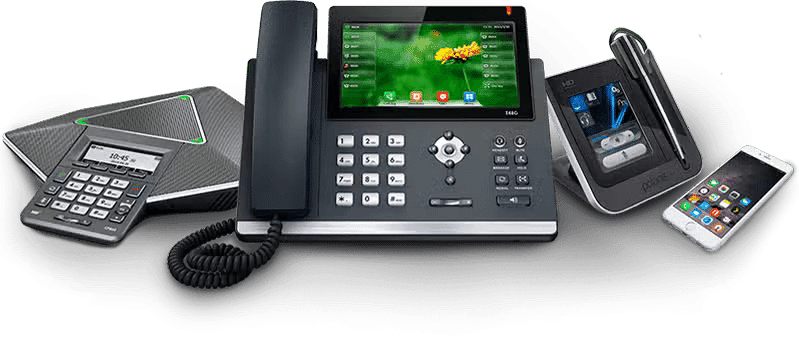In the digital age, businesses and individuals have more communication options than ever before. While traditional phone systems have served us well for decades, new technologies like Voice over Internet Protocol (VoIP) are offering a modern alternative. If you’re wondering whether VoIP is the right choice for you or your business, here’s a breakdown of how it compares to other communication methods—and why VoIP often comes out on top.
VoIP vs. Traditional Landline Phones
Cost
- Landlines: Landlines require costly setup fees, maintenance, and charges for long-distance or international calls.
- VoIP: VoIP is significantly cheaper, with many providers offering unlimited domestic and international calling plans at a flat monthly rate.
Flexibility
- Landlines: Limited to fixed locations; each phone line is physically connected to the telephone network.
- VoIP: Portable and versatile—you can use it anywhere with an internet connection, whether on your smartphone, tablet, or computer.
Features
- Landlines: Basic features like caller ID, call waiting, and voicemail.
- VoIP: Advanced features like video conferencing, voicemail-to-email, call analytics, and virtual numbers.
VoIP vs. Mobile Phones
Call Quality
- Mobile Phones: Call quality depends on cellular signal strength, which can be inconsistent in certain areas.
- VoIP: With a stable internet connection, VoIP offers crystal-clear call quality, often surpassing mobile phones.
International Calls
- Mobile Phones: International calls can be expensive without specialized plans.
- VoIP: Many VoIP providers include free or low-cost international calling, making it a budget-friendly choice for global communication.
Business Integration
- Mobile Phones: Limited integration with business tools and systems.
- VoIP: Easily integrates with Customer Relationship Management (CRM) software, email platforms, and project management tools for streamlined operations.
VoIP vs. Unified Communication Platforms
Unified communication platforms (like Microsoft Teams or Zoom) provide a suite of tools for collaboration, including messaging, video conferencing, and file sharing. While similar to VoIP in some respects, there are key differences:
Focus
- Unified Platforms: Emphasis on collaboration tools beyond voice calling.
- VoIP: Primarily designed for voice communication, though many providers also offer video and messaging features.
Scalability
- Unified Platforms: Best for organizations that require an all-in-one solution.
- VoIP: Ideal for businesses that need a scalable, cost-effective voice communication system with optional add-ons.
Why VoIP is the Better Choice
- Cost Savings: VoIP eliminates the need for expensive hardware, maintenance, and per-minute charges, especially for international calls.
- Flexibility and Portability: Unlike landlines, VoIP works wherever you have internet, supporting remote work and mobile communication.
- Feature-Rich Solutions: VoIP offers advanced capabilities like call routing, video conferencing, and voicemail transcription, catering to both personal and professional needs.
- Scalability: Adding or removing lines with VoIP is quick and easy, making it ideal for growing businesses.
- Reliability: With a stable internet connection, VoIP delivers superior call quality and service.
- Integration: VoIP systems can seamlessly connect with business tools, improving productivity and collaboration.
Ready to get started? Contact the dedicated team at YeaVoice today and have confidence that your business communications needs are in the best hands. Affordable, scalable options that allow you and your employees to connect seamlessly, anytime and anywhere.






